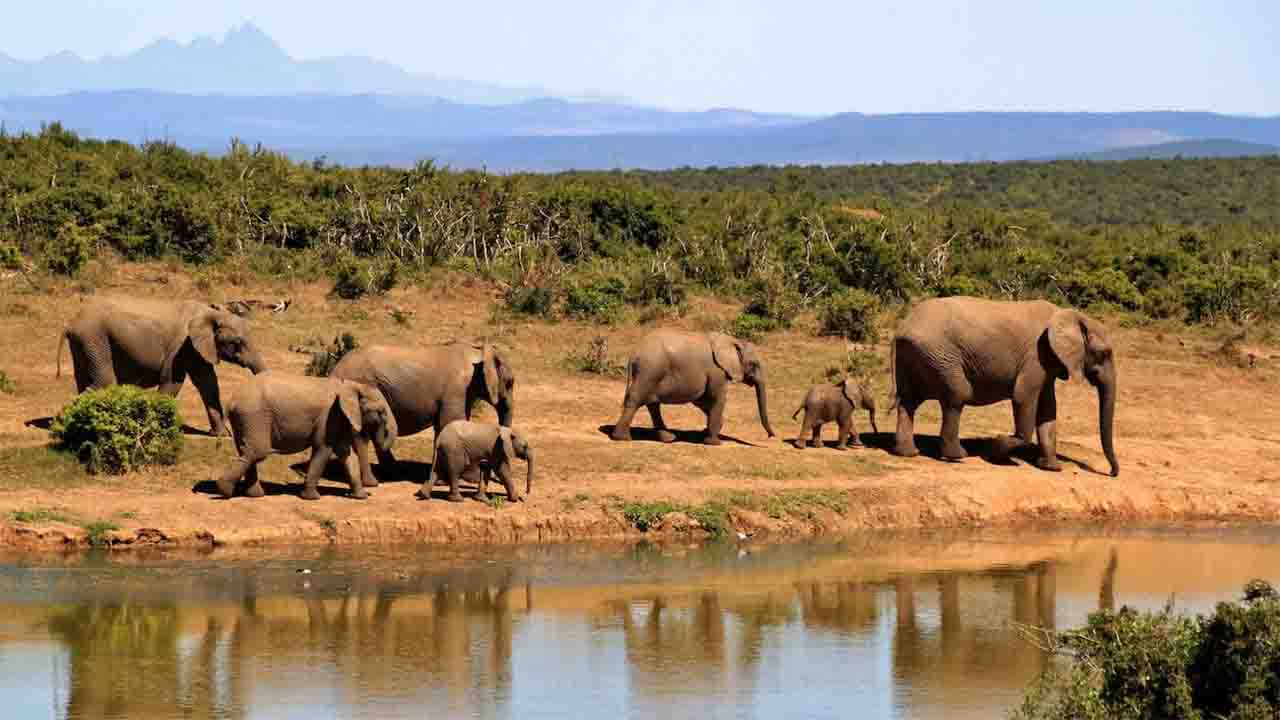Africa (Commonwealth) _ Davos 2024 provided an ideal chance to sound the alarm and investigate the policies and public-private partnerships that may quickly grow the African economy.
African delegates prioritized economic growth throughout the summit and launched the Private Sector Action Plan, a unique collaboration between the World Economic Forum and the African Continental Free Trade Area (AfCFTA) Secretariat. The project is made up of 40 major firms.
The declaration came after Rwandan President Paul Kagame and Ghanaian President Nana Akufo-Addo, along with the United Nations Development Fund, founded Timbuktoo, a start-up fund with an initial $1 billion goal of leveraging Africa’s youth and dynamism.
The fund is meant to give financial support to creative and dynamic entrepreneurs, hence promoting economic growth, job creation, and technical improvements across the continent. By fostering entrepreneurship, the Timbuktoo program hopes to contribute to the growth and empowerment of Africa’s young in the fast changing global economic landscape.
However, Africa’s economic prospects are impeded by well-documented problems, the most notable of which is violence. Emmanuel de Merod, Director of the DRC’s Virunga National Park, spoke at the “On the Frontlines for Nature” event at Davos. He discussed the violence, extreme poverty, and environmental destruction in Eastern Congo as a result of resource exploitation.
Virunga National Park, arguably most famous for its threatened mountain gorillas, is a UNESCO World Heritage Site in eastern Democratic Republic of the Congo. Virunga is the continent’s most biodiverse protected area. However, it survives in an environment characterized by prolonged armed warfare and aggressive resource exploitation.
In some ways, that is the tale of Africa. Adversity may lead to success. Surviving despite all odds. However, this romanticized picture of the continent frequently serves as a barrier to practical solutions to many of the region’s most serious issues. During a panel discussion on the divide between the global North and South, Rwandan President Paul Kagame mentioned capacity building as a method to keep Africa up-to-date with global trends, particularly during crises.
At the same a meeting, Ngozi Okonjo-Iweala, Director General of the World Trade Organisation (WTO), stated that we live in a multipolar world with various power centers. She argued that international institutions, such as the WTO, should play a larger role in promoting fair results for people and the environment.
At the same time, she stated that the balance of trading power has begun to shift to the South. Whereas North-South commerce has been constant in recent years, South-to-South trade is on the rise, with the South emerging as a powerful trading bloc. According to Okonjo-Iweala, this demonstrates that the global center of power is shifting, and we must work together to stay on track.
We are linked, and we must work together. We must address the concerns of the global commons.
In contrast, South Africa’s Minister of Finance, Enoch Godongwana, spoke in favor of BRICS, the recently enlarged intergovernmental organization made up of Brazil, Russia, India, China, South Africa, Saudi Arabia, Egypt, the United Arab Emirates, Iran, and Ethiopia.
“The main question is how we can deploy savings in the south to support a stronger development agenda? That is the most important component. To do this, worldwide and multilateral transformation is required”, she explained.
Despite all of these perspectives, Africa remains a continent with enormous promise, if only it has the systems and regulations to manage its plethora of talent and resources. The World Economic Forum’s Insight Report, “AfCFTA: A New Era for Global Business and Investment in Africa,” predicts that by 2030, the free trade area will have 1.7 billion people and $6.7 trillion in consumer and business spending, making it one of the world’s largest in terms of population and economy.
At the African Economy of Scale event, Wamkele Mene, Secretary-General of AfCFTA, stated that the agreement has enabled Africa’s potential to be realized. Since the AfCFTA became active, 47 nations have ratified it. We’ve witnessed the start of serious commerce, with items going across borders. And we’ve created a legislative framework for making our single market more effective.
At the same session, Nigeria’s Vice President, Kashim Shettima, stated that Africa is the next global frontier since entrepreneurship is ingrained in the ordinary African’s mind. Africa contains great promise, but we need to work together. I disagree with the notion of begging. We can face our poverty with dignity.
African nations require access to money in order to drive prosperity both domestically and globally, as Mary Vilakazi, CEO-Designate of FirstRand Ltd, is well aware. FirstRand Ltd. is Africa’s largest lender by market value. Speaking at Davos, Vilakazi stated that banks should prioritize enterprises that create employment and establish the infrastructure needed to generate economic capital.








